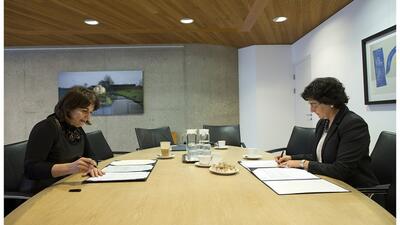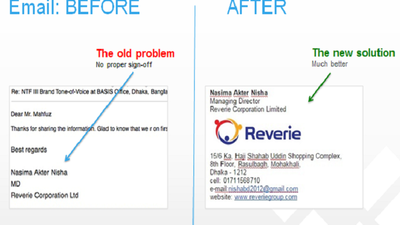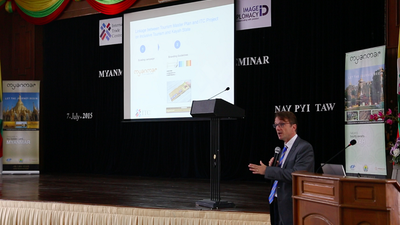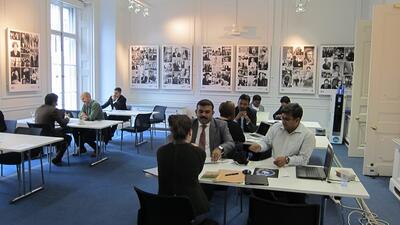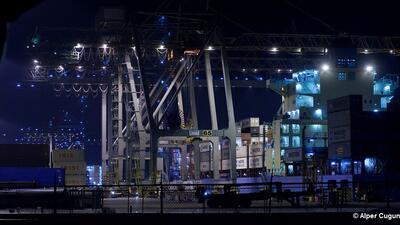
ITC to benefit from Dutch-funded junior professionals (en)
(Geneva/The Hague) – The Dutch Ministry of Foreign Affairs today announced that it would provide funding for two Junior Professional Officers (JPOs) to work for the International Trade Centre (ITC) in 2015, one from a least developed country and one from the Netherlands.
The announcement was made during a visit by ITC Executive Director Arancha González to the Netherlands, where she and Lilianne Ploumen, Dutch Minister for Foreign Trade and Development Cooperation, signed a Memorandum of Understanding (MoU) on the JPO arrangement.
In their roles at ITC, the JPOs will provide technical assistance, policy advice and capacity building to contribute to the economic and social development of developing countries, while gaining structured training and opportunities for professional development.
‘The young professionals will bring innovative ideas and energy to ITC,’ said Ms. González. ‘In return, they will gain relevant, hands-on experience in trade and development.
Mr. González said: ‘I would like to thank the Netherlands for including ITC in its JPO programme, which comes on top of the country’s long-term funding to the organization.’
The Dutch Ministry of Foreign Affairs is happy to provide young professionals from developing countries with an opportunity to start their career with training and guidance. In the long run, these JPOs will also contribute to other UN organizations as they progress in their career.
JPOs are positions in the United Nations funded by the Member States. In the Dutch JPO programme, candidates are selected by the individual organizations and about 50% of all JPOs are candidates from developing countries. As per the terms of the MoU, selected JPOs are appointed for an initial period of 12 months, which can be extended to a maximum of three years.




